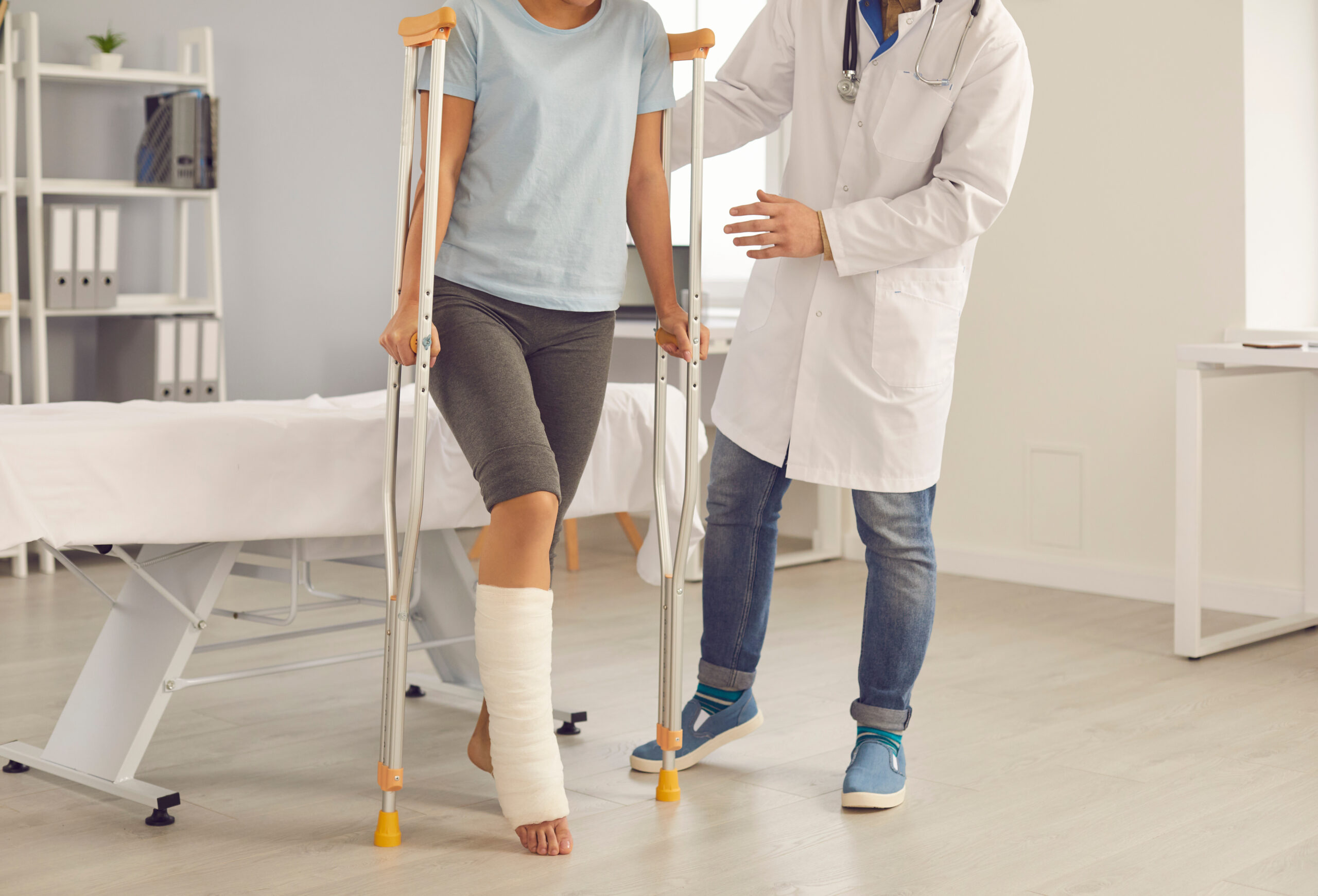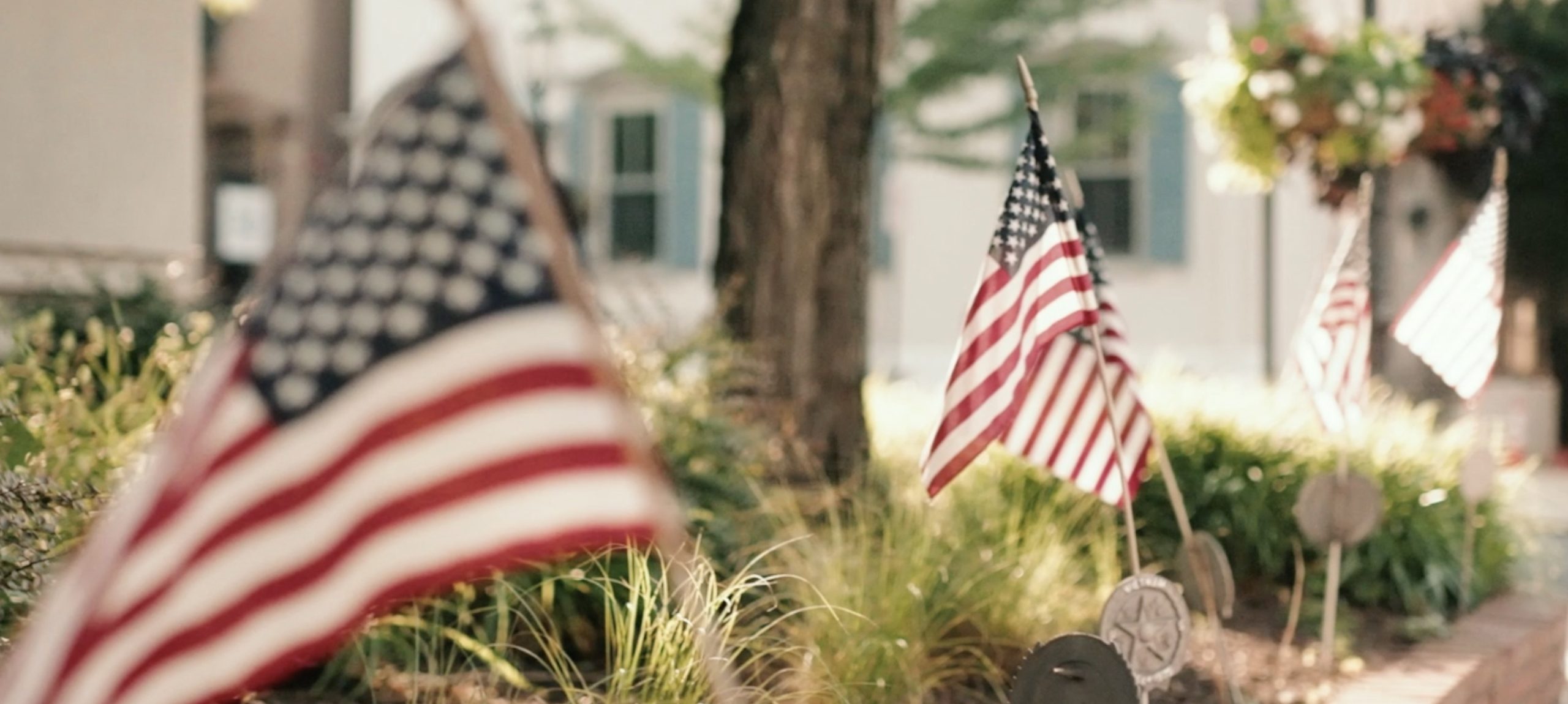
While shopping at a retail store, enjoying a meal at a restaurant, or galavanting at other establishments, you usually do not foresee suffering an injury due to unsafe property conditions as you expect the appropriate parties are upholding their legal duties to ensure safety and prevent accidents and injuries. However, when property owners fail to exercise reasonable care toward their visitors and guests, those who enter these premises may sustain serious injuries that burden them with overwhelming damages they cannot afford. When this is the case, many people wonder whether they can file a premises liability claim against the business to seek monetary compensation for their losses. Please continue reading to learn what parties can pursue legal action against a business if injured while on their property, and discover how a determined Monmouth County Premises Liability Lawyer can help you fight for the just compensation you deserve.
Can I sue a business for negligence if I was injured on their property?
In New Jersey, if you are injured while on the premises of a business due to negligence, you are entitled to file a premises liability claim against the property owner to seek compensation for your economic and non-economic damages. This is because property owners in New Jersey owe guests and visitors a standard duty of care. Essentially, they must maintain a safe environment to prevent accidents and injuries. This includes repairing any dangerous property conditions within a reasonable timeframe. If they fail to uphold their legal duty, they can be held accountable for any injuries resulting from their negligence.
It is critical to note that business owners owe their guests and visitors a higher duty of care than homeowners. This is mainly because business owners profit financially from inviting guests onto their property, while homeowners do not. Business owners expect increased foot traffic due to customers making financial transactions. Therefore, they are legally obligated to maintain a safe environment, which includes repairing any unsafe property conditions, warning visitors of potential hazards, and regularly inspecting their premises to ensure the safety of all who enter. However, property owners owe their guests a duty to protect them from danger. They are only liable for your damages if you fall under a specific category of guests.
Essentially, guests are categorized into the following classifications:
- An invitee. This type of guest has received an expressed or implied invitation from the property owner to enter the property. An invitee is typically invited for business transactions. For example, someone that enters a store is classified as an invitee.
- A licensee. This type of guest has received an expressed or implied invitation to enter the property. However, they enter the premise for their benefit; there is no financial gain. For example, an individual visiting their friend’s home for social reasons is considered a licensee.
- A trespasser. This individual enters a property without an expressed or implied invitation. Essentially, they do not have permission to come onto the property—for example, an individual loitering inside a business without the owner’s consent would be considered a trespasser.
Generally speaking, property owners are not responsible for any injuries sustained by a trespasser. However, they can be held liable if they intentionally caused the trespasser’s injuries. Property owners owe invitees and licensees a duty of care. Therefore, if you fall under an invitee or licensee category, you can file a premises liability claim to seek monetary compensation for your damages.
For more information on premises liability claims, contact a knowledgeable attorney from Falcon Law Firm who can discuss the best path forward to help you recover monetary compensation for your damages.

